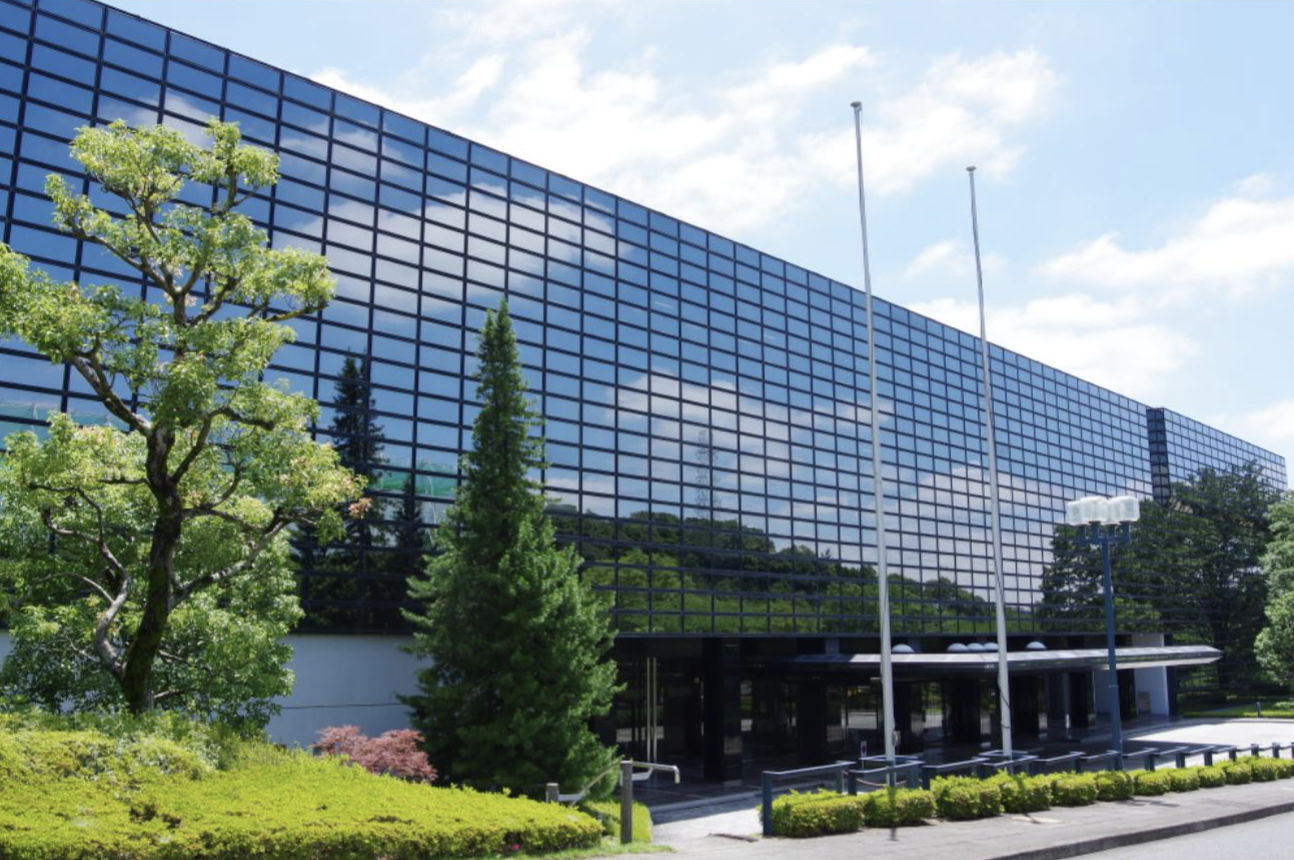
Courtesy of TBS
Tokyo Broadcasting System Holdings (TBS HD) announced that as a part of its efforts to drive actions on the United Nations Sustainable Development Goals and combat climate change, the electricity consumed at the company’s TBS Midoriyama Studio will be 100% renewable for FY2021. This will be accomplished by the utilization of the Japanese Government’s J-credit certificate(*1), and will make TBS Midoriyama Studio one of the largest “100% renewable energy studios” in Japan.
The “J-credits” that will be used at Midoriyama is specifically derived from renewable energy generated via photovoltaic power generation installed in domestic residences and will be purchased through Minna Denryoku Inc. The TBS Group – in cooperation with Minna Denryoku – has been a leader in initiatives to reduce greenhouse gas emissions, such as achieving 100% renewable electricity for the TBS Radio Toda Transmitting Station in December 2018, and the TBS Akasaka Act Theater, and other cultural facilities adjacent to its headquarters in October 2019.
In August 2019, TBS Group joined the UN SDG Media Compact and expressed its commitment as a media company to contribute in various ways to achieving the UN Sustainable Development Goals. In November 2020, it has launched its company-wide SDGs campaign titled “Week to Make the Earth Smile”, in which more than 40 TBS programs participated – including both news and entertainment shows. During the campaign, UN Secretary General António Guterres participated in an exclusive interview in recognition of TBS contributions to the SDGs ideals. The campaign will continue until 2030, which is the target year for achieving the SDGs.
*1) The “J-credit (renewable energy originated)” certificate is a program authorized by the Japanese government, in which the government certifies the amount of greenhouse gas emission reductions through the use of renewable power generation as carbon “credits”. In addition, J-credits can be used as proof of procurement of renewable energy in accordance with the “Guidance on Responding to International Climate Change Initiatives” issued by the Japanese Ministry of Economy, Trade and Industry. Companies that generate J-credits can use the earnings from the sales to cover the costs of generating renewable energy. In this action, J-credits (renewable energy originated) are generated from photovoltaic power generation on residential facilities in Japan and will be used to achieve zero carbon and 100% renewable energy.









